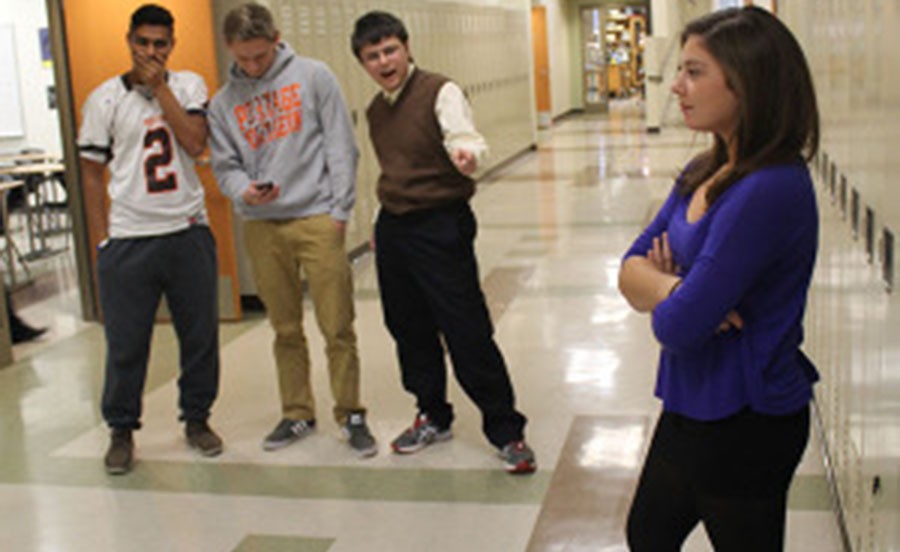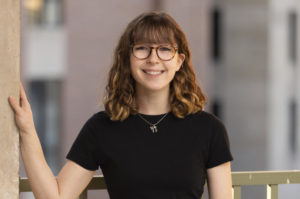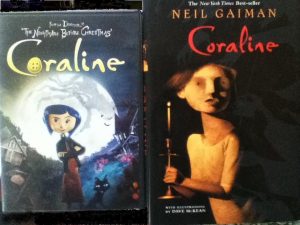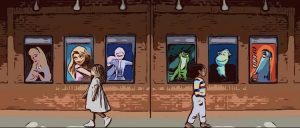Who even said that: Yik Yak
November 20, 2014
“Since it is anonymous, people aren’t scared to say what they think about people, and the mean stuff can really hurt some people,” said Sarah Melgar (12). Yik Yak is a social media app that Tyler Droll and Brooks Buffington created in November of 2013. Since then, it has taken campuses by storm. The app allows users to post about places, people, and things within a ten mile radius. “ I get Western Michigan University yaks,” said Reesha Keesho. That fact alone has given the social media some negative feedback.
The app gives students the opportunity to anonymously make posts called ‘yaks.’ Then users can either be upvote it downvote that yak. Students can even comment on the yak if it really speaks to them. Users of Yik Yak gain ‘Yakarma’ or reputation points for the more upvotes that they receive.
“I was a little surprised because nobody really talks about me on social media,” said Nadia Javeed (12) regarding recently being targeted during class. “They said something like, ‘the two girls from Northern in second hour psych. won’t shut the eff up,” said Javeed. Javeed continues to go on and say, “ I’m curious as to who it was.” Although the event occurred at Portage Central, targeting students is a problem within the Portage Public School District. “I live in a Central neighborhood and they target people by name,” said Javeed.
“It’s just entertaining but some things can come off as offensive to people,” said Keesho (12).In the terms and conditions addressed for Yik Yak, it announces that the “use of racially or ethnically offensive language, discussing or inciting illegal activity” is prohibited. Also, users are told not to “defame, abuse, harass, stalk, threaten, or violate the legal rights of others.” However, people would argue that the terms and conditions are a factor that have been highly overlooked.
There has been quite a bit of controversy over the app and its ability to hurt people. Students can say anything that they want. That app was seen as so offensive that is has been banned in schools in Chicago, New Mexico, and Vermont. “It is more popular for college students; high schoolers seem to overuse it,” said Javeed.









